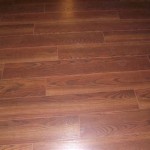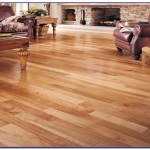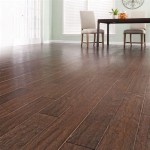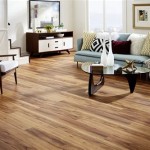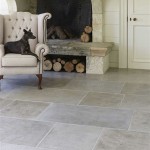Hardwood vs Laminate Flooring for Kitchens: Essential Considerations
When revamping your kitchen, one of the most important decisions you'll make is choosing the flooring. Hardwood and laminate are both popular options, each with its own unique advantages and disadvantages. Understanding the differences between the two will help you make an informed choice that meets your specific needs and preferences.
Durability and Maintenance
Hardwood: Hardwood flooring is known for its durability, with species like oak and maple providing excellent resistance to wear and tear. However, it requires regular maintenance, including periodic sanding and refinishing, to retain its pristine condition.
Laminate: Laminate flooring is a more affordable option that offers comparable durability to hardwood. Its protective top layer resists scratches and stains, making it easier to maintain. However, it cannot be sanded or refinished, and damage may require replacement.
Water Resistance
Hardwood: Solid hardwood flooring is not inherently waterproof, and prolonged exposure to moisture can cause warping and damage. Engineered hardwood, which has a moisture-resistant core, is a better choice for kitchens but still requires caution around spills and leaks.
Laminate: Laminate flooring is more water-resistant than hardwood, as its protective layer creates a barrier against moisture. However, it's not completely waterproof, and prolonged exposure to standing water can still damage the core.
Appearance and Style
Hardwood: Hardwood flooring offers a timeless and elegant look, with a wide range of species and finishes to complement any kitchen design. Its natural grain patterns create a unique and sophisticated atmosphere.
Laminate: Laminate flooring mimics the appearance of hardwood, but it comes in a wider variety of colors and patterns. This versatility makes it a good option for kitchens with specific aesthetic preferences or budget constraints.
Cost and Installation
Hardwood: Hardwood flooring is generally more expensive than laminate flooring, both in terms of materials and installation. Solid hardwood requires professional installation, while engineered hardwood can be installed as a floating floor.
Laminate: Laminate flooring is a more budget-friendly option and is relatively easy to install as a floating floor, making it possible for DIY enthusiasts to handle the task themselves.
Environmental Considerations
Hardwood: Harvesting and production of hardwood flooring can have environmental implications, as it relies on natural resources. However, sustainable forestry practices aim to minimize the impact.
Laminate: Laminate flooring is made from composite materials, including wood fibers and resins. While it may require fewer natural resources, the manufacturing process can also have environmental consequences.
Conclusion
Both hardwood and laminate flooring offer unique advantages and disadvantages for kitchens. While hardwood provides durability, elegance, and a timeless appeal, laminate flooring offers affordability, water resistance, and ease of maintenance. By carefully considering factors such as durability, water resistance, appearance, cost, and environmental concerns, you can make the best choice for your specific kitchen needs and preferences.

Engineered Flooring Vs Laminate Everything You Need To Know Forbes Home

Laminate Vs Hardwood Flooring Major Differences Forbes Home

Choosing Between Laminate And Engineered Wood Flooring Jg

Hardwood Vs Luxury Vinyl Plank Flooring The Creative Kitchen Co

The Low Down On Laminate Vs Hardwood Floors

Hardwood Vs Luxury Vinyl Plank Flooring The Creative Kitchen Co

Laminate Vs Vinyl Flooring Comparison Guide

Wood Flooring Or Luxury Vinyl Tiles Lvt For Your Kitchen Dwf Blog Direct

Hardwood Vs Engineered Wood Flooring Which Is Best For You Forbes Home

Wood Vs Laminate The Pros And Cons
Related Posts


